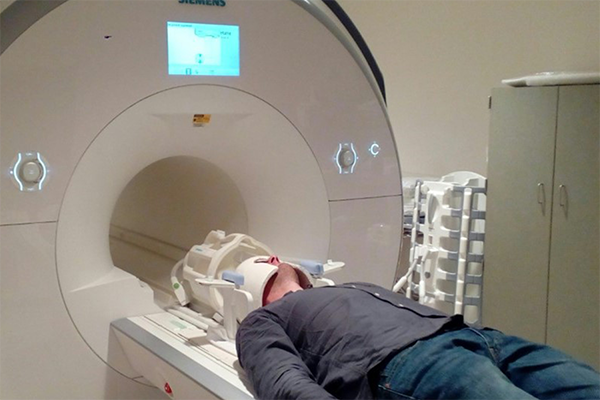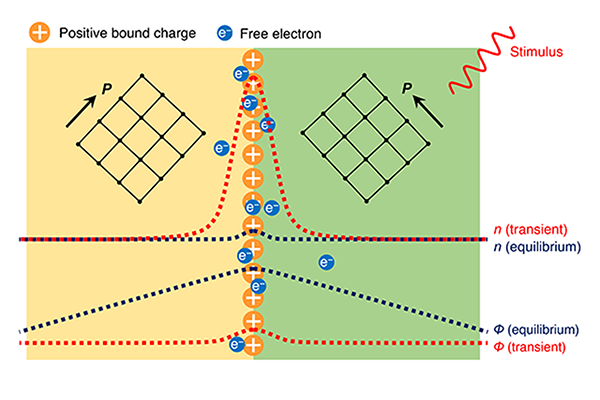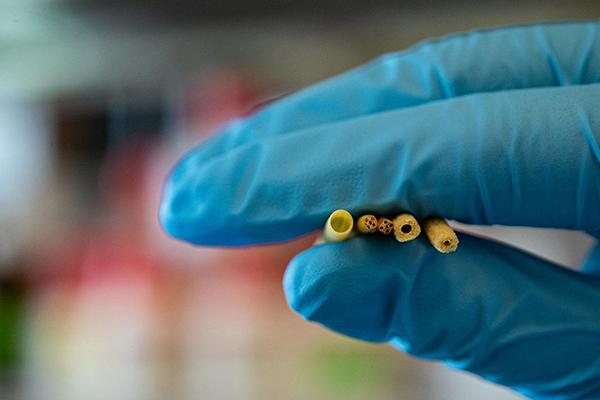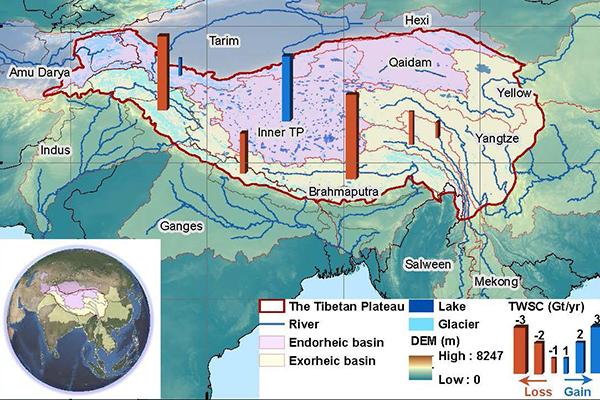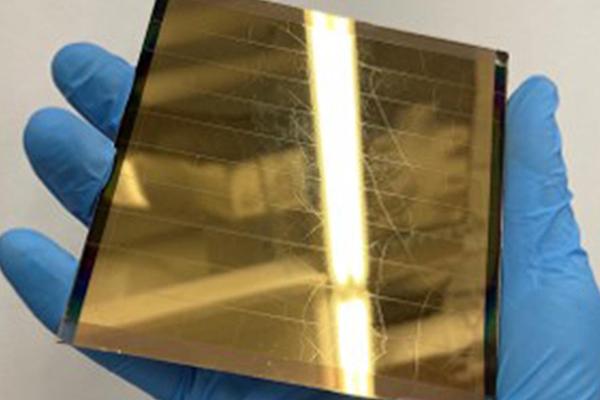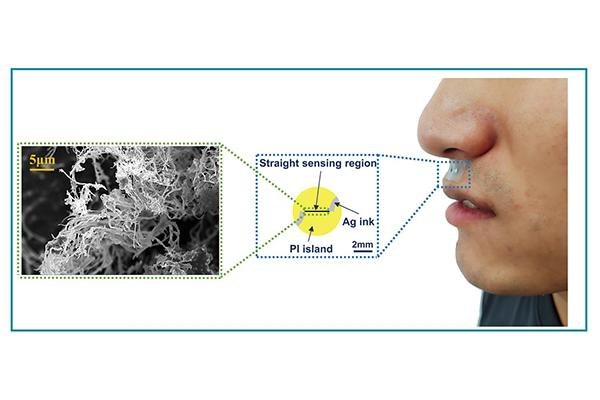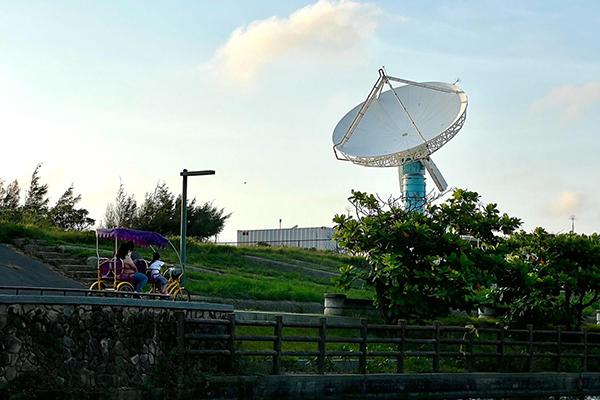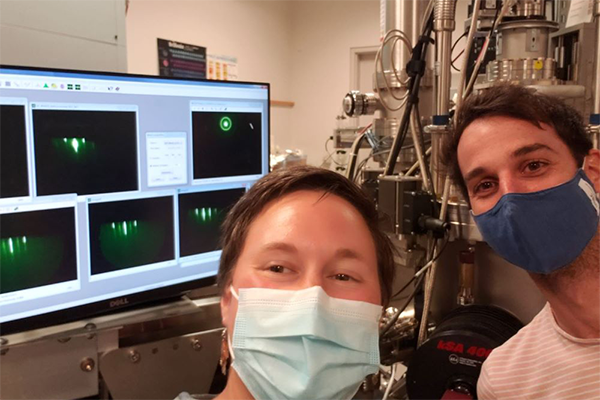Read the latest news about research conducted by investigators in the College of Earth and Mineral Sciences. Our faculty and students are continually advancing technology, creating solutions and expanding knowledge with new and innovative research.
News
An academic/enterprise partnership that includes Penn State researchers is developing a new dielectric material to enable magnetic resonance imaging (MRI) machines with shorter scan times and higher image resolutions, good news for cutting the cost of MRI scans for the hospitals and for patients who struggle with MRI-related anxiety.
A newly developed model may serve as a bridge between quantum mechanical calculations at the atomic scale and devices that could enable next-generation quantum technologies, according to a team of Penn State researchers.
To maximize healing for the easily damaged nerves, Penn State researchers are using a five-year, $2.14 million grant from the National Institutes of Health’s National Institute of Neurological Disorders and Stroke to develop a biodegradable nerve scaffold that aims to employ folate and citrate in novel ways.
New research led by scientists at Penn State, Tsinghua University and the University of Texas at Austin projects that climate change, under a scenario of weak climate policy, will cause irreversible declines in freshwater storage in the Tibetan Plateau, constituting a serious threat to the water supply for central Asia, Afghanistan, Northern India, Kashmir and Pakistan by the middle of the century.
Sara Andreoli, a postdoctoral researcher who recently completed her appointment with the Earth and Mineral Sciences Energy Institute at Penn State, received the esteemed 2022 EMS Postdoctoral Excellence in Research Award.
Shuyu Chang, a doctoral candidate in Penn State’s Department of Geography, received a Future Investigators in NASA Earth and Space Science and Technology (FINESST) award to study harmful algal blooms in the Chesapeake Bay watershed.
As demand for solar energy rises around the world, scientists are working to improve the performance of solar devices — important if the technology is to compete with traditional fuels. But researchers face theoretical limits on how efficient they can make solar cells.
Accurate, continuous monitoring of nitrogen dioxide and other gases in humid environments is now possible, thanks to a new water-resistant gas sensor developed by a Penn State led team.
Penn State researchers spent their summer in one of the world’s wettest regions as part of an international effort to study extreme rainfall, hazardous weather events that can trigger deadly and damaging events like flooding and landslides.
A research partnership between Penn State and the Massachusetts Institute of Technology (MIT) could enable an improved method to make a new type of semiconductor that is a few atoms thin and interacts with light in an unusual way.



